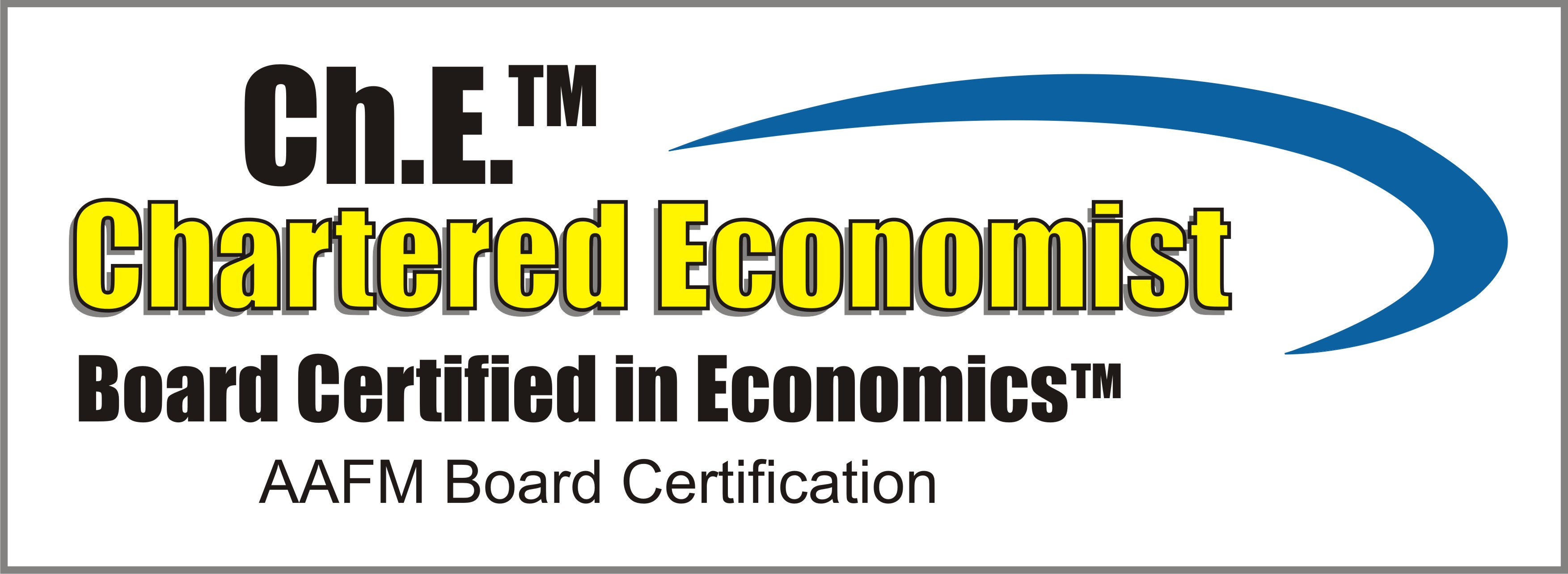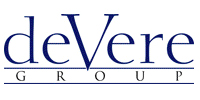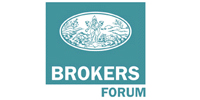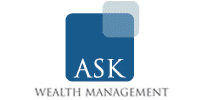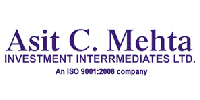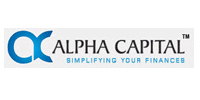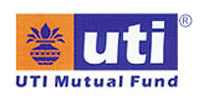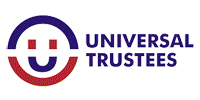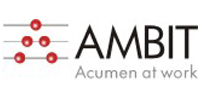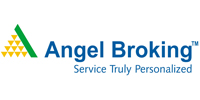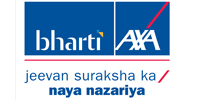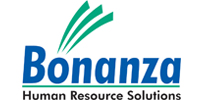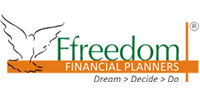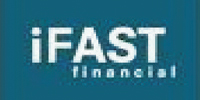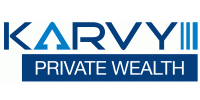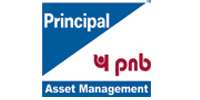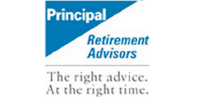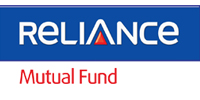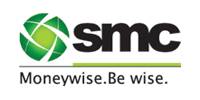Chartered Economist
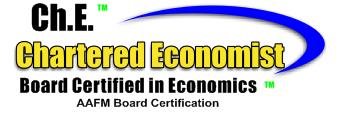
Ch.E ® Chartered Economist ® Designation offered by the American Academy of Finance and Management ® (AAFM ®) is recognized in over 150+ countries via 800 training providers, universities, colleges and business schools
It is the Worlds’ First Graduate Economics Designation.
The Chartered Economist® Ch.E® Designation program is designed by leading economists globally to bridge the gap between what is learned in an academic setting and the knowledge needed to succeed as a practitioner.
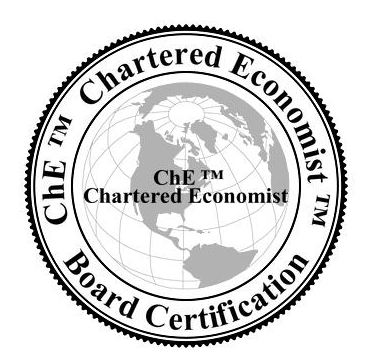
If you practice economics in your work or want to make a career in ‘Economics’ earning the Chartered Economist® Designation enhances your skills & knowledge in your chosen domain area of Economics. It serves to verify your achievements. The designation holders enjoy distinct professional advantages and are considered as ‘Leaders in the Field of Economics’.
Ch.E®s are trusted by employers to deploy their skills, tools, and experience in bringing out clarity to decision-making processes, enhancing outcomes for their organizations.
The Ch.E® Designation is the verification that you have the skills, knowledge, ethics, and dedication to deliver this value in the workplace.

“Life without The Economist would be life without a global perspective.”
– Dr. Eric Schmidt, Executive Chairman, Aplhabet
A chartered economist is a “professional, objective and critical and is able to contribute effectively to national discourse and development”. Economists use statistics, mathematical analysis, and economic theory to conduct studies concerning such issues as unemployment, inflation, industrial productivity, farm policies, and international trade.
WHAT CHARTERED ECONOMIST® DO?
Among many things the Chartered Economists do most important is that they collect and scrutinize information in order to study, research, predict, and evaluate business and revenue trends in most industries. They identify current events in the production and availability of goods, services, and other resources in order to track history and predict the future. Economists often gather and analyze information, using the data to assist in the control and regulation of costs, interest rates, and distribution of products.
Thus, they provide guidance to businesses and individuals making enterprise decisions.
CHARTERED ECONOMIST® NORMALLY DOES THE FOLLOWING:
- Study how society distributes resources, such as land, labor, raw materials, and machinery, to produce goods and services.
- Conduct research, collect and analyze data, monitor economic trends, and develop forecasts on a wide variety of issues, including energy costs, inflation, interest rates, exchange rates, business cycles, taxes, and employment levels, among others.
- Develop methods for obtaining the data they need. For example, sampling techniques may be used to conduct a survey, and various mathematical modeling techniques may be used to develop forecasts.
- Prepares reports, including tables and charts; on research results also is an important part of chartered economist's job, as is presenting economic and statistical concepts in a clear and meaningful way for those who do not have a background in economics. Some economists also perform economic analysis for the media.
- Working in economic consulting or research firms sometimes perform the same tasks as economists working for corporations.
- Consulting firms also perform much of the macroeconomic analysis and forecasting and their analyses and forecasts are frequently published in newspapers and journal articles.
The following are examples of types of economists:
Econometricians develop models and use mathematical analyses to test economic relationships. They use techniques such as calculus, game theory, and regression analysis to explain economic facts or trends in all areas of economics.
Financial Economists analyze savings, investments, and risk. They also study financial markets and financial institutions.
Industrial Organization Economists study how companies within an industry are organized and how they compete. They also examine how antitrust laws, which regulate attempts by companies to restrict competition, affect markets.
International Economists study international trade and the impact of globalization. They also examine global financial markets and exchange rates.
Labor Economists study the supply of workers and the demand for labor by employers. Specifically, they research employment levels and how wages are set. They also analyze the effects of labor-related policies, such as minimum wage laws, and institutions, such as unions.
Macroeconomists and Monetary Economists examine the economy as a whole. They may research trends related to unemployment, inflation, and economic growth. They also study fiscal and monetary policies, which examine the effects of money supply and interest rates on the economy.
Microeconomists study supply and demand decisions of individuals and firms. For example, they may determine the quantity of products consumers will demand at a particular price.
Public Finance Economists study the role of government in the economy. Specifically, they may analyze the effects of tax cuts, budget deficits, and welfare policies.
BENEFITS OF CHARTERED ECONOMIST® CERTIFICATION
The Chartered Economist designation sets the global standard in the Economics profession and is a symbol of excellence. The Designation allows you to gain a general as well as Specialized Designation in Economics.
You can get the:
WHY SHOULD YOU EARN THE CHARTERED ECONOMIST®?
The key benefit for Chartered Economist certification holders is obviously the ability to add a professional designation and post nominal to your list of resume qualifications:
- Add a Professional Designation to your name, business cards, letter heads, email signatures etc.
- Access top Economist and financial professional networks around the globe; providing the opportunity to network with charters and members throughout the world.
- The membership certificate of the Chartered Economists is awarded directly by the most prestigious American Academy of Financial Management (AAFM) and as such, it's fully recognized in USA and in 150+ countries worldwide.
- As part of the AAFM Certification package, members are to receive scholarship to pursue a Masters (LLM in Taxation, Economics and Finance) and Doctorate Degree at Thomas Jefferson School of Law at San Diego in California.
- AAFM provides an online system that will confirm / authenticate your membership and certification to employers or other interested parties.
- AAFM provides opportunity of being linked to some corporate bodies who request for specialist through the AAFM Corporate tie-up.
- Higher salaries; earn up to 16% more than your non-certified peers.
- Increases job security; validates your competency in economics management functions.
- Better career flexibility; prepares you for greater on-the-job responsibilities.
- Improves marketability; stand out against other applicants in a tough job market.
- Boosts credibility; attaining the Globally Coveted Designation helps in boosting your credibility.
Cutting edge skills and knowledge; the knowledge and skills you gain on pursuing the program improves your on job performance.
Job Prospects of Chartered Economist®
- Investment Banking
- Actuarial Services
- Assets Management
- Professional Consulting Services
- Local and National Government
- Public and Private Banks
- Insurance Companies
- Think-tanks Large Multinational Companies
- Actuarists
- Financial Consultancies
- Accountancy Firms
- Local Authorities
- Business Administration
- Lobbying
- Non – or – Not-for-profit Organization
- Some economists work for companies with major international operations such as the World Bank, International Monetary Fund, and United Nations
Certified Chartered Economist® is Right For....
Chartered Economist® typically must have a bachelor’s degree, but a master’s degree is often required for advanced positions.
Who Should Attend?
Enhance your professional status by joining Chartered Economists® certification course by AAFM, today.
- Economists & Managers / Directors
- Research Analysts
- Heads of Department
- Credit and Risk Analysts
- Corporate Financiers
- Financial Analysts
- Investment Bankers
- Individuals Involved in Economic Policy Formations Analysts
- Actuarists
- Wealth & Fund Managers
- PhD, MPhil, MBA, MA, M.Sc., B.A, B.Sc., B.Com, B.Ed., Diploma (Economics, Accounting, Management, Banking and Finance, Statistics, Mathematics, Agriculture Economics, Business Administration, Marketing, Logistics and Supply) etc.
To Know More about Chartered Economist Designation click Request More Information and fill the contact details we will send you the details.
Important Links:
Best Economist jobs in the world -
Best Economist jobs in India –

 Request More Information
Request More Information